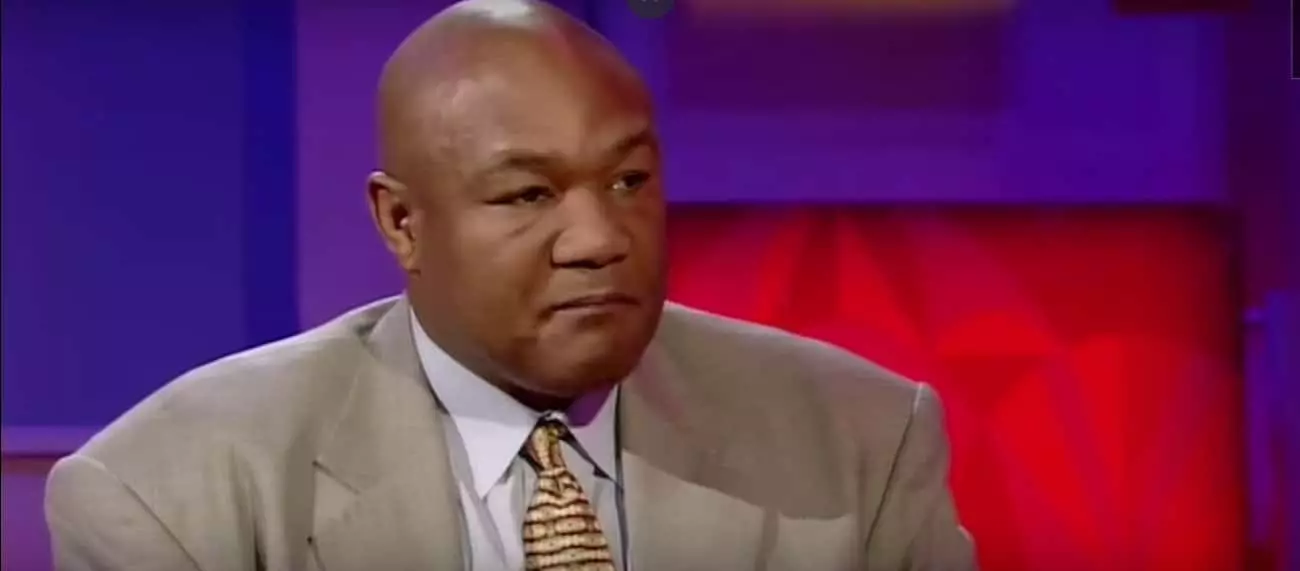George Foreman’s story is not just one of athletic prowess, but a testament to resilience, evolution, and reinvention. Born 76 years ago in Marshall, Texas, on January 10, 1949, Foreman’s life has traversed many paths, leading him to become a household name far beyond the rings he once dominated. His journey is emblematic of the American Dream—a narrative defined by hardship, perseverance, and eventual triumph.
Foreman’s formative years were punctuated by hardship. Growing up in a challenging environment, he was given a lifeline through the Job Corps program initiated by President Lyndon Johnson, which aimed to uplift underprivileged youth. This initiative not only provided George with structure and support but also introduced him to boxing—a sport that would ultimately change his life. Walking into a boxing gym primarily to shed weight, he soon discovered an innate talent for the sport, catching the eye of trainer Doc Broadus. From that moment, the trajectory of his life began to shift dramatically.
With a mere 16-4 amateur record, Foreman’s ascent was meteoric. His dedication culminated in a gold medal performance at the 1968 Mexico City Olympics. In a pivotal moment of the Games, he defeated the formidable Russian boxer Jonas Cepulis in the final match, donning his Olympic gold medal with pride. This victory was not just a personal achievement; it symbolized a broader narrative of success against the backdrop of racial tensions that characterized the era. While fellow athletes John Carlos and Tommie Smith made headlines with their bold Black Power salute, Foreman carved his own niche, waving an American flag—a nuanced gesture resonating with many.
The rise and fall of a boxing titan
Transitioning to the professional realm, Foreman’s early career showcased his formidable skills, yet it was his brutal knockout of Joe Frazier in January 1973 that truly established him as a heavyweight contender. The ferocity with which Foreman dismantled Frazier in just two rounds remains etched in the memories of boxing enthusiasts. This performance positioned him as a seemingly unstoppable force but also foreshadowed the volatility of a fighter’s journey.
No narrative of Foreman’s career would be complete without acknowledging the defining bout against Muhammad Ali in Zaire in 1974. In what was billed as the “Rumble in the Jungle,” Foreman, who had been a ferocious powerhouse, faced an unexpected defeat that would not only affect his career trajectory but also his psychological state. The impact was profound; Foreman, once on the summit of boxing, found himself grappling with self-doubt and uncertainty. His subsequent struggles, marked by a shocking loss to Jimmy Young, led him to a ten-year hiatus—reflecting the highs and lows inherent in the life of a fighter.
However, the narrative did not end there. In 1987, Foreman made an extraordinary comeback, returning to the ring overweight and far removed from his earlier glory. His primary motivation was to save the Youth and Community Center he had established. With the guidance of boxing legends like Archie Moore and Charlie Shipes, Foreman embraced simplicity and hard work, which ultimately paid off handsomely. His return was unprecedented and has since been regarded as one of the most remarkable comebacks in sports history.
Foreman’s victory over Michael Moorer in 1994 marked the zenith of his second career—a poignant moment celebrating not just a belt but the embodiment of resilience. Twenty years after that devastating loss to Ali, Foreman reclaimed his heavyweight title, a testament to his fighting spirit. Beyond boxing, he became a savvy businessman, most notably through his infamous George Foreman Grill, which catapulted him into financial success and positioned him as a cultural icon.
Today, George Foreman stands as more than just a former champion; he symbolizes the quintessence of reinvention and perseverance. At 76 years old, he is recognized not only for his years in the ring but for his influence and contributions beyond it. His life story serves as an inspiration, resonating with generations as a reminder that setbacks can lead to astounding comebacks. The narrative of George Foreman is one that transcends boxing—it’s a saga of determination that continues to inspire countless individuals across the globe.


Leave a Reply